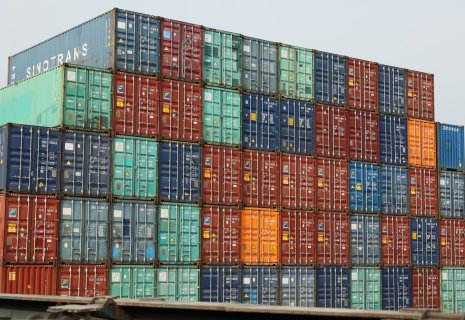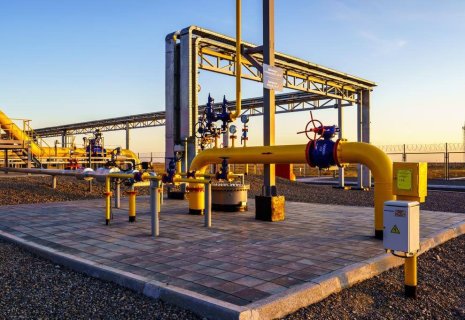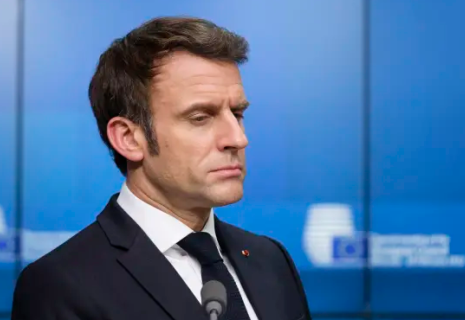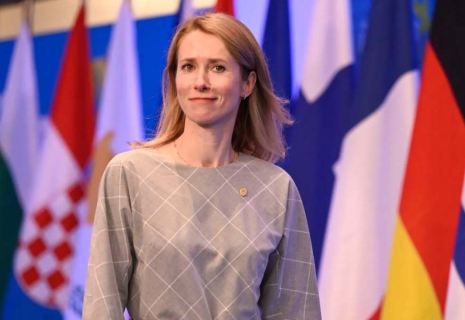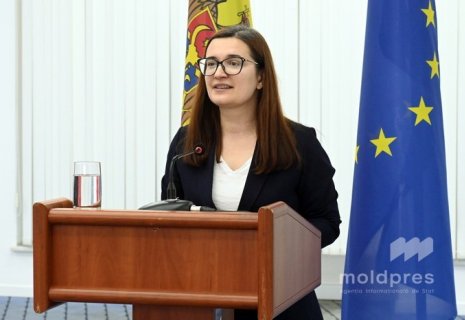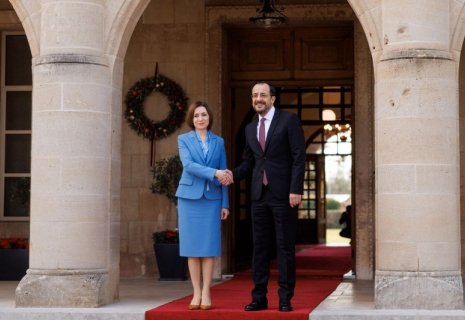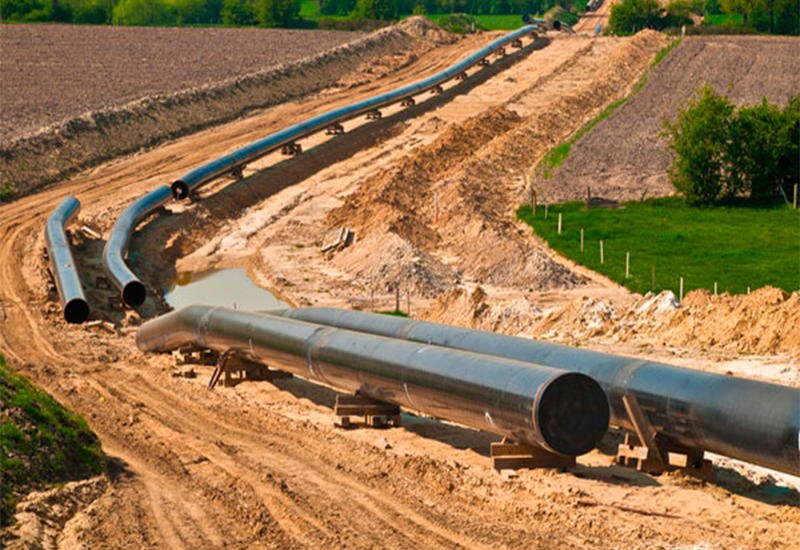
Hungarian Regulator urges EU backing for Vertical Corridor - EXCLUSIVE
At the CESEC (Central and South-Eastern Europe Energy Connectivity) High Level Meeting in Budapest in September 2016, the responsible ministers of Greece, Bulgaria, Romania and Hungary signed a Memorandum of Understanding (MoU) for the implementation of the "Vertical Corridor" project, and the TSOs concerned have since repeatedly confirmed their commitment to the project, Hungarian Energy and Public Utility Regulatory Authority said in an exclusive interview with CE Report.
"They have also expressed their willingness to implement the Corridor at high-level CESEC meetings, most recently in Budapest in October 2024. Unsuccessful capacity auctions in the past on various sections of the Corridor have shown that these developments cannot rely solely on financing from trader's capacity bookings, but will continue to require public funding", said the Authority.
The Regulatory body pointed out that TSOs and the Hungarian Government consistently stress the importance of mobilising EU funds for this project.
"The Corridor would potentially provide access to additional alternative gas sources for the CEE region and network developments in each country would remove existing bottlenecks along the route. Thus, the implementation of the project might increase the level of security of supply in general. The Hungarian section of the Corridor runs from the Romania-Hungary interconnection point (IP) to the Hungary-Slovakia IP".
As for the recent developments of this part of the Corridor, the Authority said:
"From 1 February 2024, the Hungarian and Slovakian TSOs have increased the firm capacity at the HU-SK IP by 50%, reaching 2,6 billion cubic metres (bcm) per year. From this year (1 April), the interconnector's transmission capacity is 3,5 bcm/year. The capacity of the Romania-Hungary bi-directional gas interconnector was increased in 2023 (1 October), the current capacity is 2,6 billion cubic meters/year in both directions", the Authority explained.
This interview was prepared by Abdul Karimkhanov



